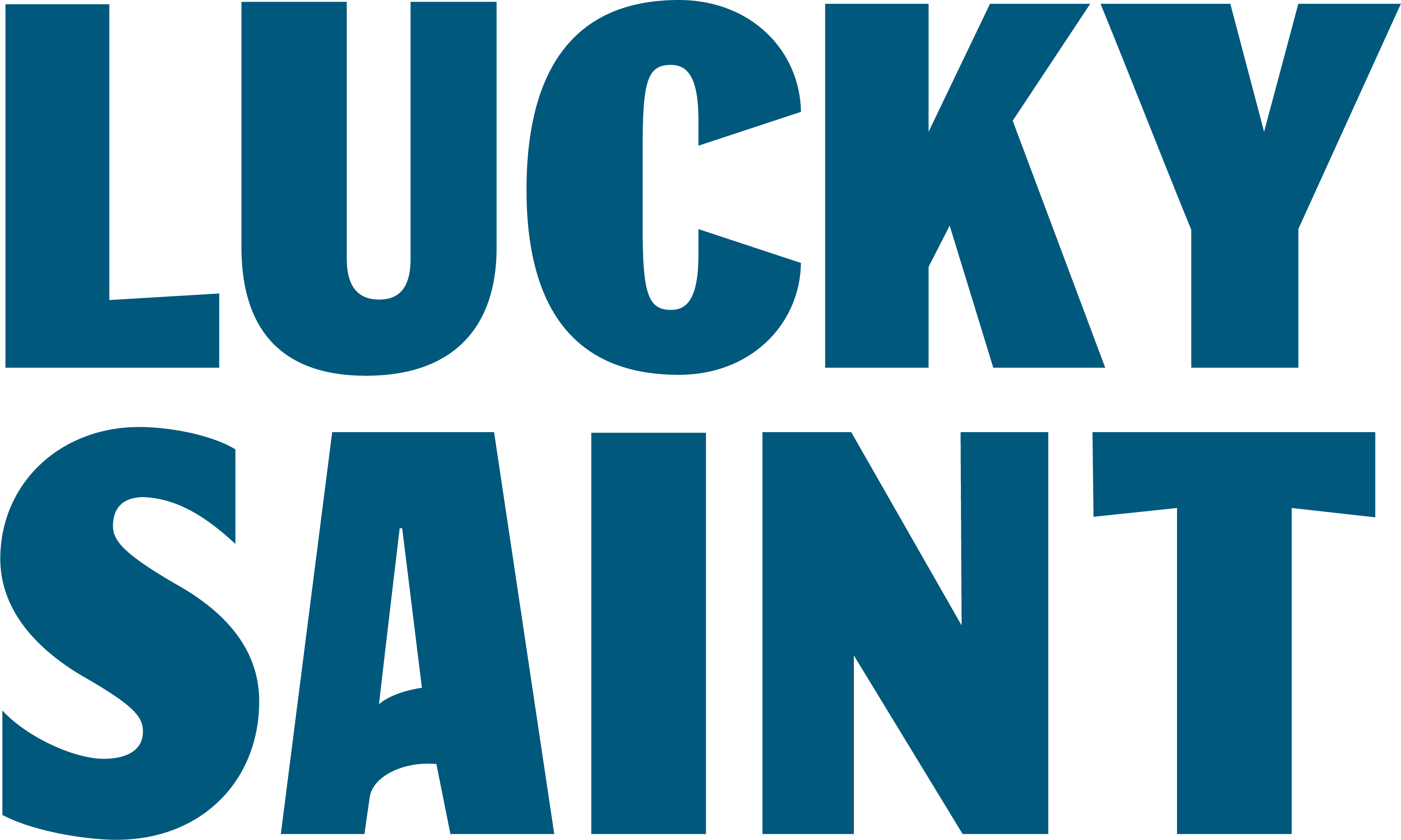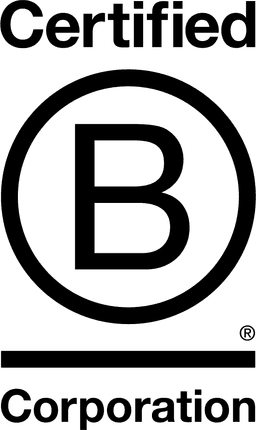

Not Another Beer Co Limited trading as Lucky Saint

1.6
London Borough of Lambeth, United Kingdom
November 2022
Beverages
Wholesale/Retail
United Kingdom
Since launching in 2018, Lucky Saint has become the #1 independently owned alcohol-free beer brand in the UK, driven by the mission to finally reward those not drinking with the beer they deserve. The hugely successful Alcohol-Free Superior Unfiltered Lager has seen exponential growth, as well as celebrating many category firsts. Lucky Saint was the first independent alcohol-free producer to launch across the UK on draught and to join the British Beer & Pub Association in the organisation’s 120-year history. Lucky Saint is now available in thousands of pubs, bars, and restaurants, over 1200 pubs on draught, and over 80 Michelin star venues. Lucky Saint is available across major retailers including Tesco, Sainsbury's, Waitrose, M&S, Ocado and Morrisons. In 2024 Lucky Saint launched its alcohol-free Superior Hazy IPA, and in 2025 launched its Superior Lemon Lager. Lucky Saint has already trained its entire team in Mental Health First Aid, as well as hundreds of hospitality professionals - part of the brand’s mission to ensure it has a positive environmental impact alongside the brand’s official B-Corp status.
Overall B Impact Score
Governance 16.5
Governance evaluates a company's overall mission, engagement around its social/environmental impact, ethics, and transparency. This section also evaluates the ability of a company to protect their mission and formally consider stakeholders in decision making through their corporate structure (e.g. benefit corporation) or corporate governing documents.
What is this? A company with an Impact Business Model is intentionally designed to create a specific positive outcome for one of its stakeholders - such as workers, community, environment, or customers.
Workers 32.3
Workers evaluates a company’s contributions to its employees’ financial security, health & safety, wellness, career development, and engagement & satisfaction. In addition, this section recognizes business models designed to benefit workers, such as companies that are at least 40% owned by non-executive employees and those that have workforce development programs to support individuals with barriers to employment.
Community 15.8
Community evaluates a company’s engagement with and impact on the communities in which it operates, hires from, and sources from. Topics include diversity, equity & inclusion, economic impact, civic engagement, charitable giving, and supply chain management. In addition, this section recognizes business models that are designed to address specific community-oriented problems, such as poverty alleviation through fair trade sourcing or distribution via microenterprises, producer cooperative models, locally focused economic development, and formal charitable giving commitments.
Environment 16.2
Environment evaluates a company’s overall environmental management practices as well as its impact on the air, climate, water, land, and biodiversity. This includes the direct impact of a company’s operations and, when applicable its supply chain and distribution channels. This section also recognizes companies with environmentally innovative production processes and those that sell products or services that have a positive environmental impact. Some examples might include products and services that create renewable energy, reduce consumption or waste, conserve land or wildlife, provide less toxic alternatives to the market, or educate people about environmental problems.
Customers 2.7
Customers evaluates a company’s stewardship of its customers through the quality of its products and services, ethical marketing, data privacy and security, and feedback channels. In addition, this section recognizes products or services that are designed to address a particular social problem for or through its customers, such as health or educational products, arts & media products, serving underserved customers/clients, and services that improve the social impact of other businesses or organizations.